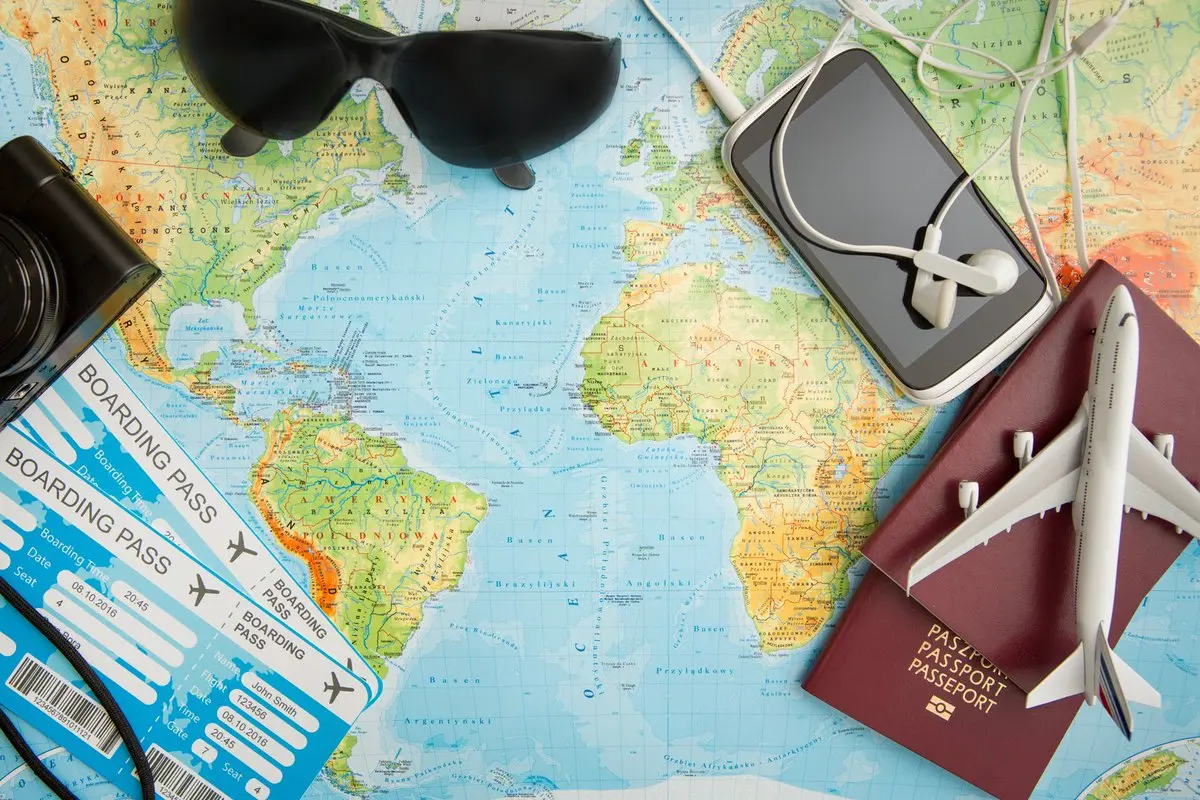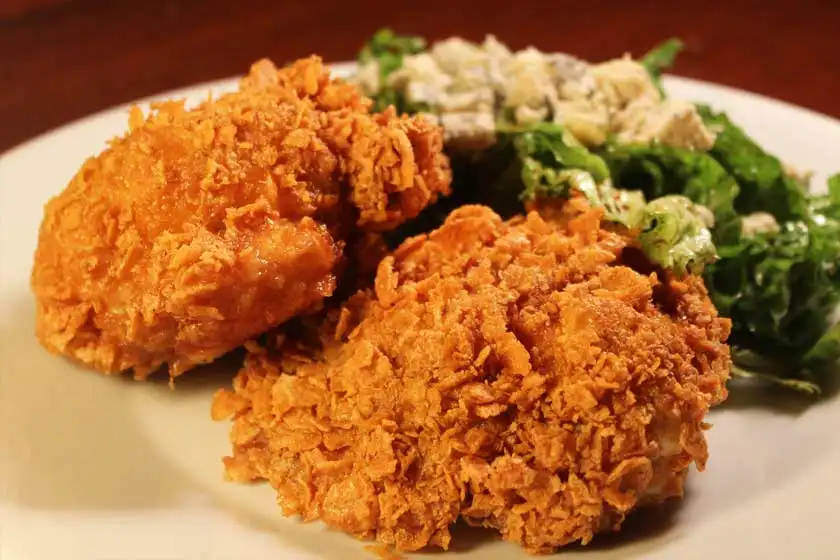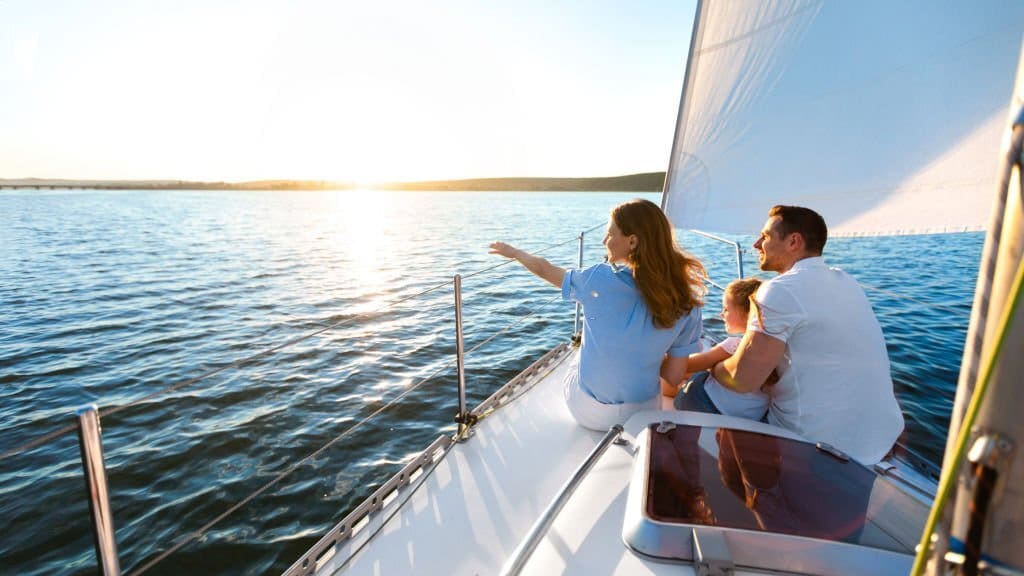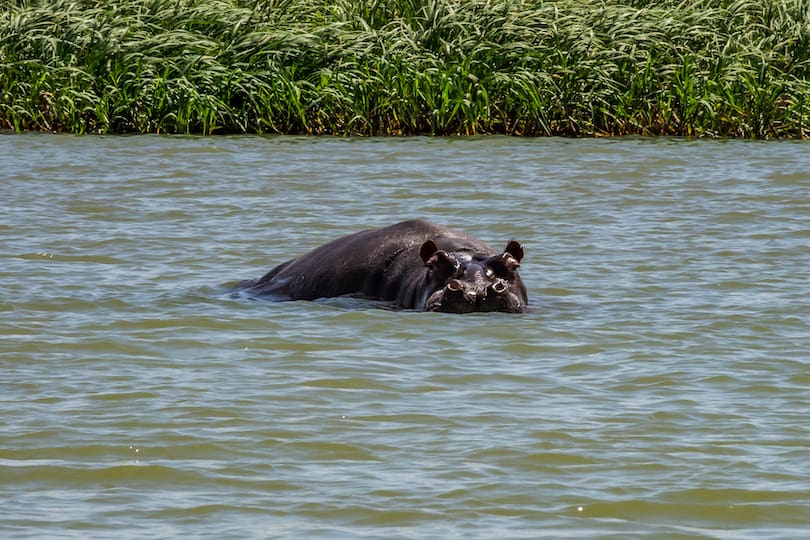Vacations are an exciting time to explore new places, cultures, and cuisines. However, the joy of discovering new destinations can quickly be overshadowed by safety concerns or cultural missteps. That’s why it’s crucial to prioritize safety while also embracing the local culture to ensure you have the best experience. This detailed guide will help you prepare for a vacation that’s both safe and respectful of the local customs.
1. Research Your Destination

Before you embark on any vacation, the first step is always research. The more informed you are about your destination, the better you’ll be able to navigate through unfamiliar territories and avoid any potential issues. Key areas to research include:
- Local Customs and Traditions: Understand the local culture, including social norms, dress codes, and acceptable behaviors. In some countries, modest dressing is highly valued, especially when visiting religious or cultural sites.
- Climate and Weather Conditions: This helps you pack the right clothing and gear for your trip. For example, if you’re visiting a tropical destination, pack light, breathable clothes, and if you’re heading to a cold climate, make sure you bring warm layers.
- Health and Safety Concerns: Look into potential health risks like infectious diseases (e.g., malaria or typhoid fever) or the need for vaccinations before travel. Some areas might also have specific travel advisories, so staying updated on the latest safety concerns is vital.
- Local Laws and Regulations: Knowing the local laws, such as the legal drinking age, smoking regulations, and restrictions on public behavior, can prevent unpleasant surprises. For example, some countries have strict penalties for things like chewing gum in public or dressing too casually in certain areas.
By doing thorough research, you’ll feel more confident and prepared as you step into a new destination.
2. Pack Wisely

Packing is more than just choosing outfits. Packing with safety and comfort in mind is a crucial part of any successful vacation. Here’s what to include in your packing list:
- Important Documents: Always carry your passport, identification, travel tickets, and hotel bookings. Make copies of these documents and keep them in a separate place in case your originals are lost or stolen.
- Health Essentials: Pack any necessary medications, such as prescriptions or over-the-counter remedies for common issues like headaches or motion sickness. Also, bring a basic first aid kit with band-aids, antiseptic wipes, and pain relievers.
- Travel Insurance: Don’t leave home without travel insurance, especially if you’re traveling internationally. This insurance should cover medical emergencies, lost baggage, flight cancellations, and other unexpected mishaps.
- Security Items: Use secure luggage with lockable compartments to protect your valuables. If you carry cash or cards, consider using a money belt or anti-theft bag to deter pickpockets.
Being mindful about what you pack can help prevent stress and ensure you’re prepared for emergencies.
3. Take Legal Assistance

While we hope for the best, it’s always wise to prepare for unexpected situations. For instance, if you’re involved in an accident due to someone else’s negligence, you may need legal assistance to file for compensation. Whether it’s a car accident, a slip and fall, or another mishap, having access to legal support is essential.
In specific destinations, like Oklahoma, it’s important to have a contact for an Oklahoma personal injury lawyer or the equivalent in the local area. These legal professionals can guide you through the process of filing claims and getting the compensation you deserve. The key is to make sure you’re aware of your rights as a traveler and the steps you need to take if an issue arises.
Before you travel, research legal services that can help with medical claims or travel-related accidents. Ensure that you have a legal point of contact in case of emergencies.
4. Stay Informed About Safety
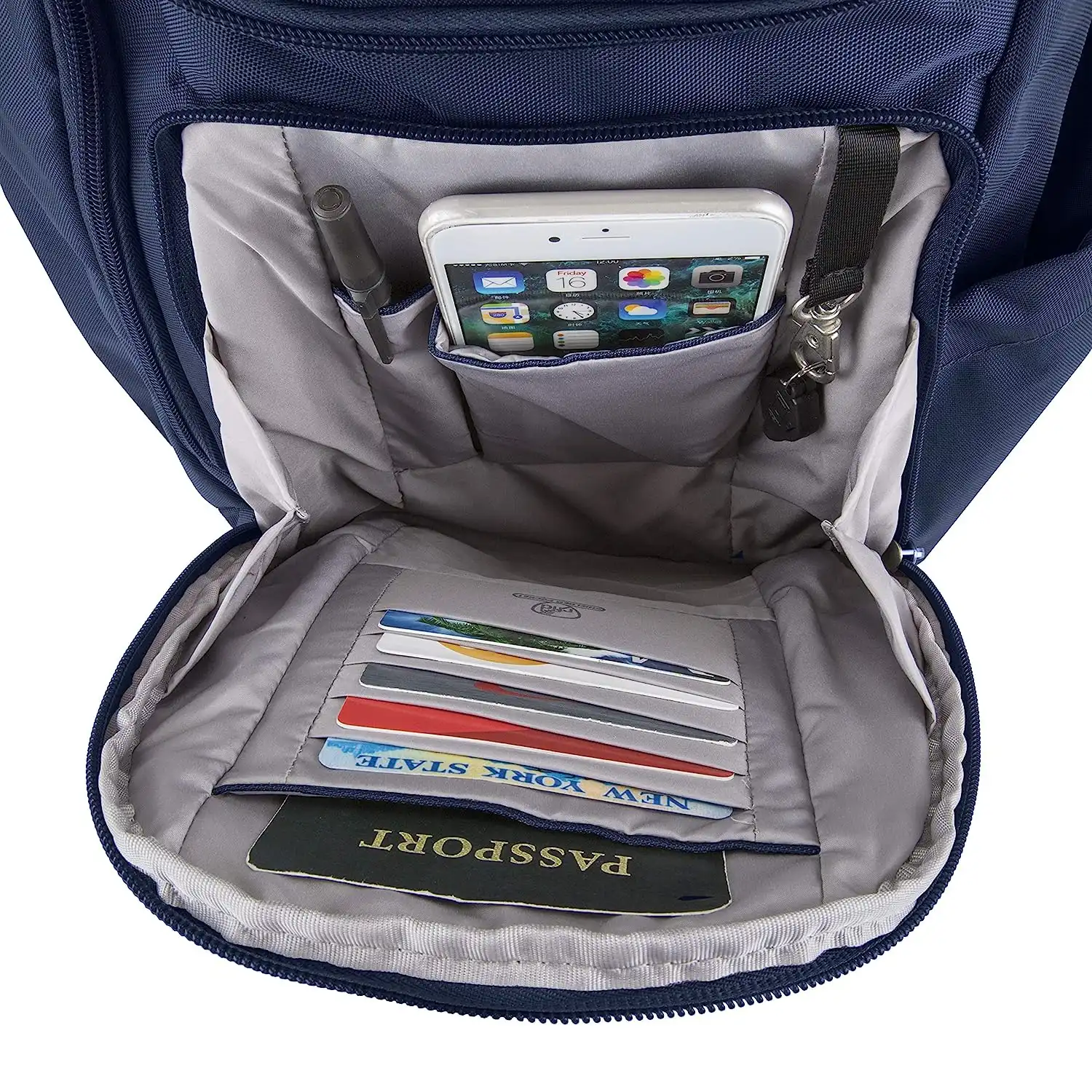
Throughout your vacation, it’s important to stay updated on safety matters. Here are some ways to do this:
- Register with Your Embassy: When traveling internationally, consider registering with your country’s embassy or consulate. This helps them assist you in emergencies, such as natural disasters or political unrest.
- Sign Up for Alerts: Many governments and organizations offer travel alert systems. Enroll in these systems to receive notifications about safety updates for your destination.
- Know Emergency Numbers: Familiarize yourself with the local emergency contact numbers, such as for police, fire, and medical emergencies. In some places, the emergency numbers might differ from what you’re used to at home.
- Follow Local News: Stay informed by checking local news outlets and social media platforms for updates on the political situation, natural events, or any security threats in the area.
Staying informed is a key factor in ensuring your safety and avoiding any unforeseen troubles.
5. Secure Your Belongings

Protecting your personal belongings is essential while traveling, especially in tourist-heavy areas where theft can be common. Here’s how you can keep your valuables safe:
- Use Anti-Theft Bags: Invest in travel bags designed to deter theft. Look for bags with lockable zippers, cut-resistant straps, and hidden compartments.
- Limit the Number of Valuables You Carry: Only take what you absolutely need for the day. Avoid carrying large amounts of cash or multiple credit cards, and leave expensive jewelry at home.
- Hotel Safes: Many hotels provide secure safes where you can store your valuables during your stay. Always use these safes to keep your passports, money, and electronics secure.
- Backup Copies of Documents: In case your passport or ID is lost or stolen, having photocopies or digital copies stored securely (like in your email or on a cloud service) will help in the process of replacing them.
By being vigilant and using smart strategies to protect your belongings, you can avoid the stress of lost or stolen items during your trip.
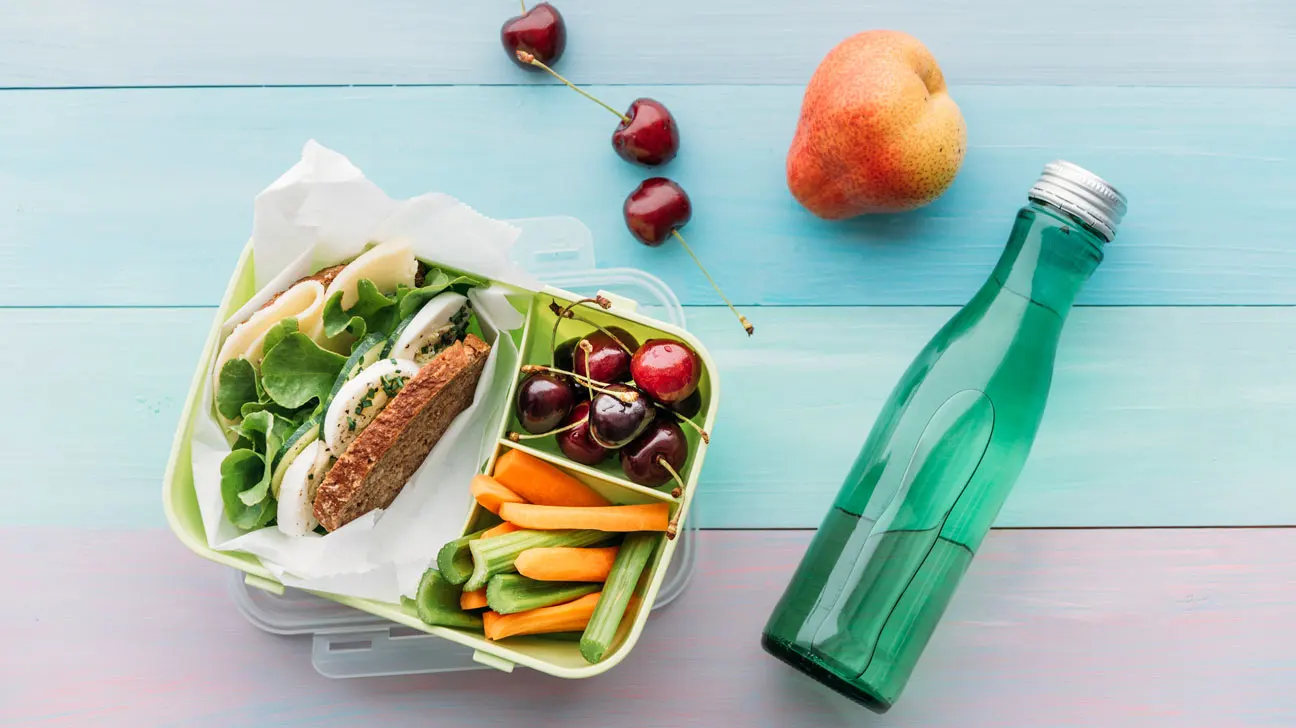
6. Respect Local Customs and Traditions
One of the most enriching aspects of travel is engaging with and respecting the local culture. Here’s how to show your respect:
- Dress Modestly: In many cultures, modest dress is highly valued, especially when visiting religious or sacred places. Always check the local dress code and adhere to it. For example, in some places, women may be required to cover their heads when entering a mosque, or men may need to avoid wearing shorts in certain temples.
- Learn Basic Phrases: While many people in popular tourist areas may speak English, learning a few words in the local language can go a long way. Simple phrases like “hello,” “thank you,” and “goodbye” in the local language will show that you respect their culture.
- Avoid Taboos: Research the local customs and taboos to avoid inadvertently offending anyone. For example, in some cultures, touching someone’s head can be considered rude, while in others, public displays of affection might be frowned upon.
Being aware of and respecting local customs will not only enhance your travel experience but will also help you gain the trust and respect of the locals.
7. Stay Cautious with Food and Water
New destinations often come with new foods, but not all food and water are safe to consume. To stay healthy:
- Stick to Bottled Water: In some countries, tap water may not be safe for consumption. Always opt for bottled water with an unbroken seal. If you must drink tap water, use a water filter or purification tablets.
- Choose Reputable Dining Spots: Research restaurants and food stalls to ensure hygiene standards are met. Popular places frequented by locals are often a good indicator of quality and safety.
- Be Cautious with Street Food: While street food can be delicious and offer a great local experience, make sure it’s cooked fresh in front of you. If the food is sitting out for long periods, it might not be safe.
- Understand Local Food Practices: Some cultures have unique food traditions or dietary restrictions. Research what’s commonly eaten in your destination and be aware of any potential allergens or ingredients that might not agree with your digestive system.
Wrapping Up
By following these detailed safety tips and respecting local etiquette, you can ensure your vacation is both smooth and enjoyable. The key to a great trip is preparation and an open mind. By researching your destination, packing wisely, staying informed, and engaging with the local culture, you will have a rewarding experience that you’ll cherish for years to come. Every trip has its own set of challenges, but with these tips, you’ll be able to handle anything that comes your way and enjoy the true essence of your destination. Safe travels!
Frequently Asked Questions (FAQs)
Here are some common questions regarding safety tips and local etiquette for a smooth vacation. These answers will help you navigate your travel experience with ease:
1. What should I research before traveling to a new destination?
Answer:
Before traveling, research the following:
- Local customs and traditions: Understand the cultural practices, dress codes, and acceptable behaviors.
- Health and safety concerns: Check for necessary vaccinations, common illnesses, or health risks.
- Weather and climate: Be aware of the climate conditions to pack accordingly.
- Local laws and regulations: Familiarize yourself with local laws regarding things like public behavior, smoking, and drinking.
Researching these aspects will help you feel more confident and prepared for your trip.
2. How can I ensure my safety while traveling abroad?
Answer:
To ensure your safety:
- Register with your embassy or consulate to receive travel alerts.
- Stay informed about local safety concerns by following local news and signing up for travel advisories.
- Know emergency contact numbers in the country you’re visiting.
- Secure your belongings by using anti-theft bags, hotel safes, and only carrying what you need.
Taking these precautions will help you stay safe throughout your trip.
3. What should I pack for a safe and enjoyable vacation?
Answer:
Pack the following essentials for a safe vacation:
- Important documents: Passport, identification, and travel tickets. Carry photocopies and store them separately.
- Health supplies: Necessary medications, a first aid kit, and travel insurance details.
- Security items: Anti-theft bags and lockable luggage.
- Weather-appropriate clothing: Based on your destination’s climate.
A well-packed bag ensures you’re prepared for various situations during your trip.
4. How do I avoid getting sick while traveling?
Answer:
To stay healthy while traveling:
- Drink bottled water instead of tap water in destinations where water quality is questionable.
- Eat at reputable restaurants that meet hygiene standards.
- Be cautious with street food: Ensure food is freshly prepared and served hot.
- Follow local food practices: Be aware of any dietary restrictions or ingredients that could cause discomfort.
Staying cautious with food and water helps you avoid foodborne illnesses and ensures a comfortable vacation.
5. How can I be respectful of local customs and traditions?
Answer:
To respect local customs:
- Dress appropriately: Adhere to dress codes, especially when visiting religious or sacred sites.
- Learn a few basic phrases in the local language to greet people politely.
- Avoid taboos: Research cultural practices, such as gestures or behaviors that may be offensive.
- Observe local etiquette: For example, in some countries, public displays of affection may be frowned upon.
Respecting the culture and traditions of your destination enhances your experience and builds a good rapport with locals.
6. What should I do if I lose my passport or valuables while traveling?
Answer:
If you lose your passport or valuables:
- Report it immediately to local authorities and file a police report.
- Contact your embassy or consulate to get a replacement passport.
- Use hotel safes: Store valuables such as money and passports in a safe place when not needed.
- Make copies of important documents before you travel and keep them in a separate location.
These steps will help you recover lost items and ensure your travel experience continues smoothly.
7. Is travel insurance really necessary?
Answer:
Yes, travel insurance is crucial, especially when traveling internationally. It provides coverage for:
- Medical emergencies and hospital stays.
- Lost luggage or flight cancellations.
- Trip interruption or delays.
- Travel accidents or injuries.
Having travel insurance gives you peace of mind in case of emergencies or unexpected situations during your trip.
8. How can I protect myself from pickpockets and theft?
Answer:
To protect yourself from pickpockets:
- Use anti-theft bags that have lockable zippers and hidden compartments.
- Keep valuables in secure places, like hotel safes or a money belt.
- Avoid carrying too much cash: Use credit cards or digital wallets when possible.
- Be aware of your surroundings in crowded tourist spots or busy streets.
Being vigilant and securing your belongings will reduce the risk of theft.
9. What should I do if I need legal assistance while traveling?
Answer:
If you need legal assistance:
- Know your rights as a traveler, especially regarding medical treatment, accidents, or disputes.
- Research local legal services in advance, such as a personal injury lawyer or legal advisor for specific destinations.
- Keep emergency contact numbers for legal support or consular services in case of an emergency.
It’s helpful to have legal support on hand should unexpected issues arise.
10. What’s the best way to blend in and experience the local culture?
Answer:
To blend in and embrace the local culture:
- Learn a few words in the local language to greet people and show respect.
- Respect local traditions: Dress modestly in sacred or cultural sites and observe local etiquette.
- Participate in local activities: Attend cultural festivals or events to experience the local lifestyle.
By being open and respectful, you’ll gain a deeper understanding of the destination and enjoy a more immersive travel experience.

